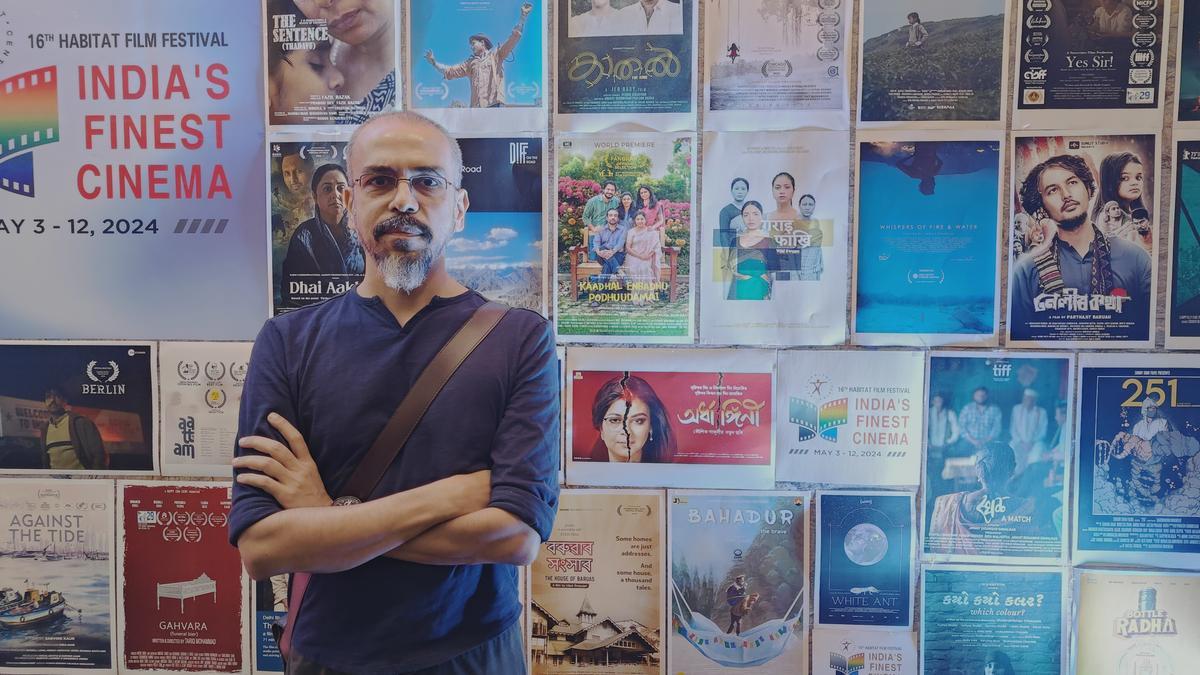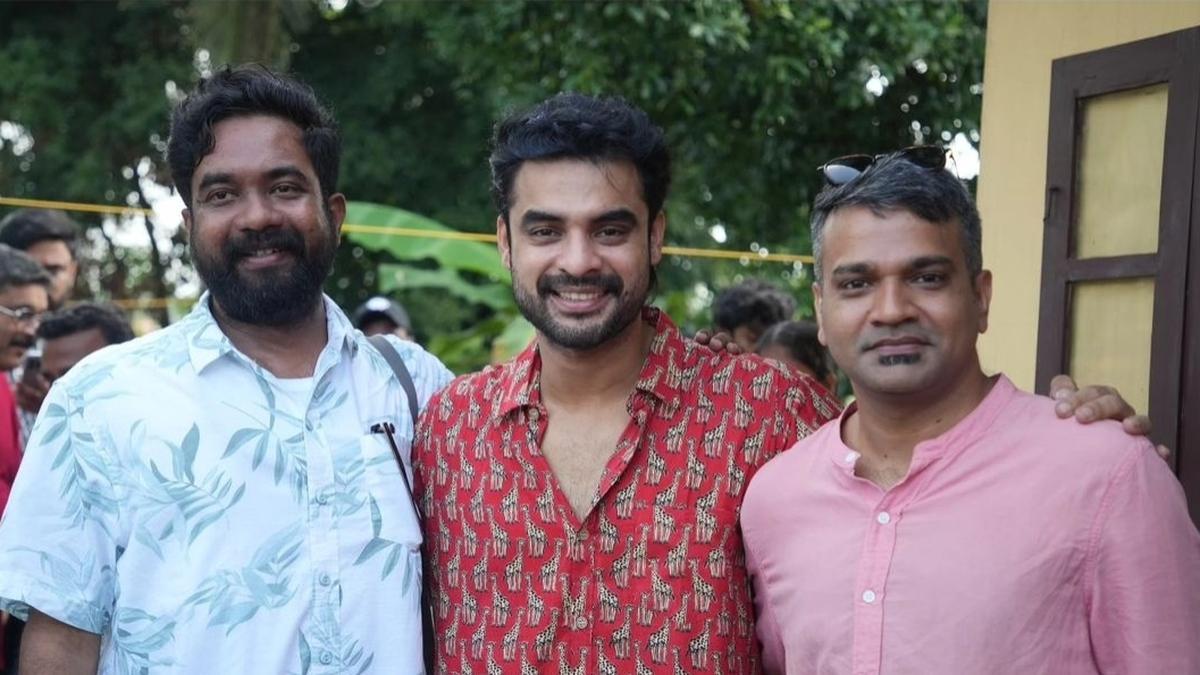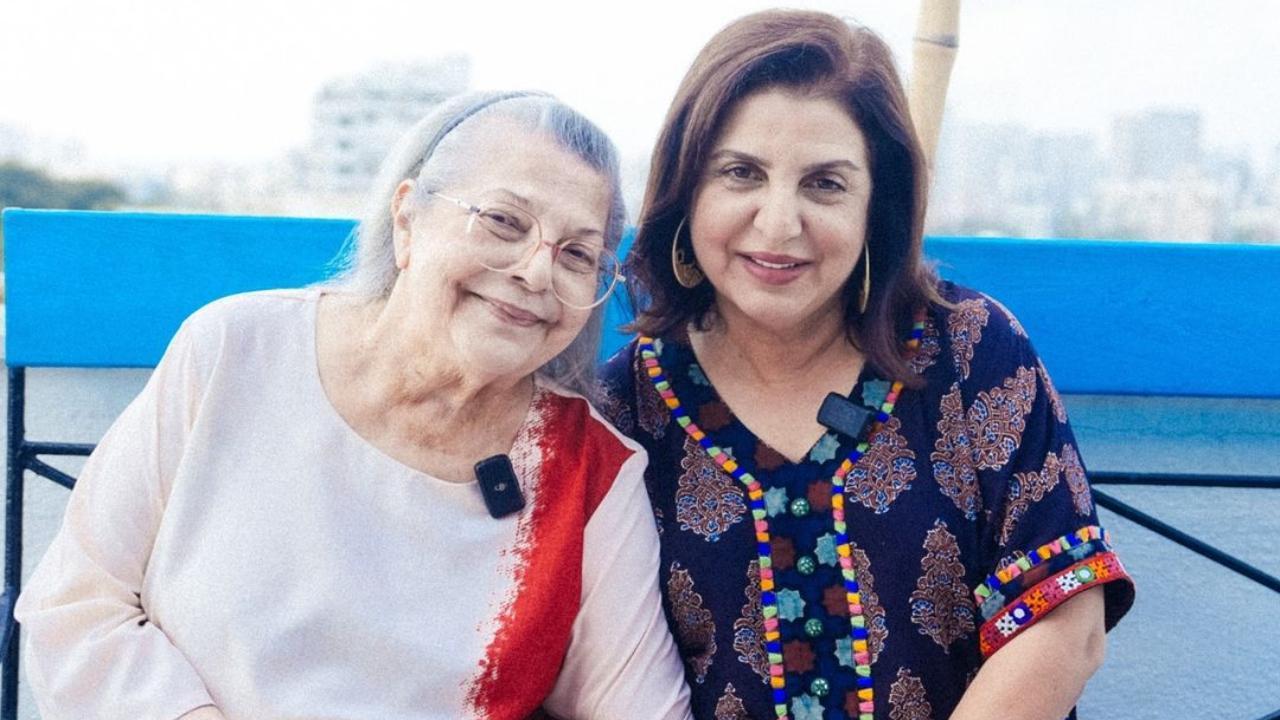
In the realm of Indian cinema, where many filmmakers tread cautiously around their political inclinations, Devashish Makhija emerges as an undeterred voice. Renowned for his cutting-edge narratives and celebrated by film festivals, Makhija boldly encourages audiences to exercise their voting rights with discernment. His cinematic works possess the unique capability to unsettle, even his presumed audience, as he probes contentious issues instead of choosing sides. With films like ‘Ajji’ (2017), a tale of vengeance by an elderly woman, the critically acclaimed ‘Bhonsle’ (2018), and his latest release ‘Joram’ (2023), Makhija amplifies the voices that contest dominant narratives. ‘Oonga’ (2013), his inaugural feature, raised thoughtful questions about the disruption of adivasi livelihoods without conveying patronization.
Recently, at the Habitat Film Festival where ‘Joram’ was featured as the closing film, Makhija shared insights into his approach to cinema. “We tend to either idealize or vilify tribals in our films; both are forms of propaganda. I’ve sought a humanist perspective,” Makhija explains.
On probing Makhija about the evident political undercurrents in his films, particularly regarding issues of migration and immigrants, he shares a personal anecdote. As a 12-year-old survivor of a riot in Kolkata, Makhija’s own experiences laid the foundation for his voice. The event in question unfolded on December 6, 1992, amidst communal riots triggered by the Babri Masjid demolition. Highlighting the trauma of that night and its lifelong impact, Makhija delves into the identity crisis that ensued — shifting perceptions of ‘insiders’ and ‘outsiders.’ These themes resonate through his work, especially in ‘Bhonsle’ and ‘Joram,’ exploring the outsider-insider divide from different lenses.
In ‘Joram,’ an underlying question lurks around the development model pitched to indigenous populations by consecutive governments. Makhija interrogates who gets to define ‘development,’ and if driven by greed, the troubling implications it holds. These reflections underpin the film’s narrative, strategically using a thriller genre’s engaging elements like emotional beats and chase sequences to draw the audience into a more profound dialogue.
Makhija’s take on capitalism and corporate ethics comes across as nuanced. He clarifies that he isn’t opposed to corporations per se but the inherent greed that often destabilizes just and equitable distribution in pursuit of profits.
Discussing the symbiosis of politics and cinema, Makhija ardently believes in enabling the intersection of these spheres to engender the finest cinema. This perspective, he feels, isn’t widely shared in mainstream Hindi films today, where many filmmakers maintain an apolitical stance, whereas earlier industry icons, including Manoj Kumar and Yash Chopra, interwove their politicism artfully, setting an example for conscientious cinema.
Makhija credits actor Manoj Bajpayee’s support for giving life to his cinematic vision, praising the star’s ability to carry a film and draw viewers. Moreover, he finds solace in literature as an alternative medium, crafting English written works that fly under the radar and echoing political narratives that traditional production houses may shy away from. With a deal for his first adult novel in sight, Makhija is set to extend his political storytelling beyond the screen.
This candid conversation with Devashish Makhija reaffirms the filmmaker’s commitment to conscious, meaning-driven cinema. His ability to interweave personal experiences with larger socio-political narratives challenges and enriches the Indian cinematic landscape. Makhija remains a steadfast proponent of artistic freedom and political discourse, reshaping how stories are told and received within the celluloid universe.










